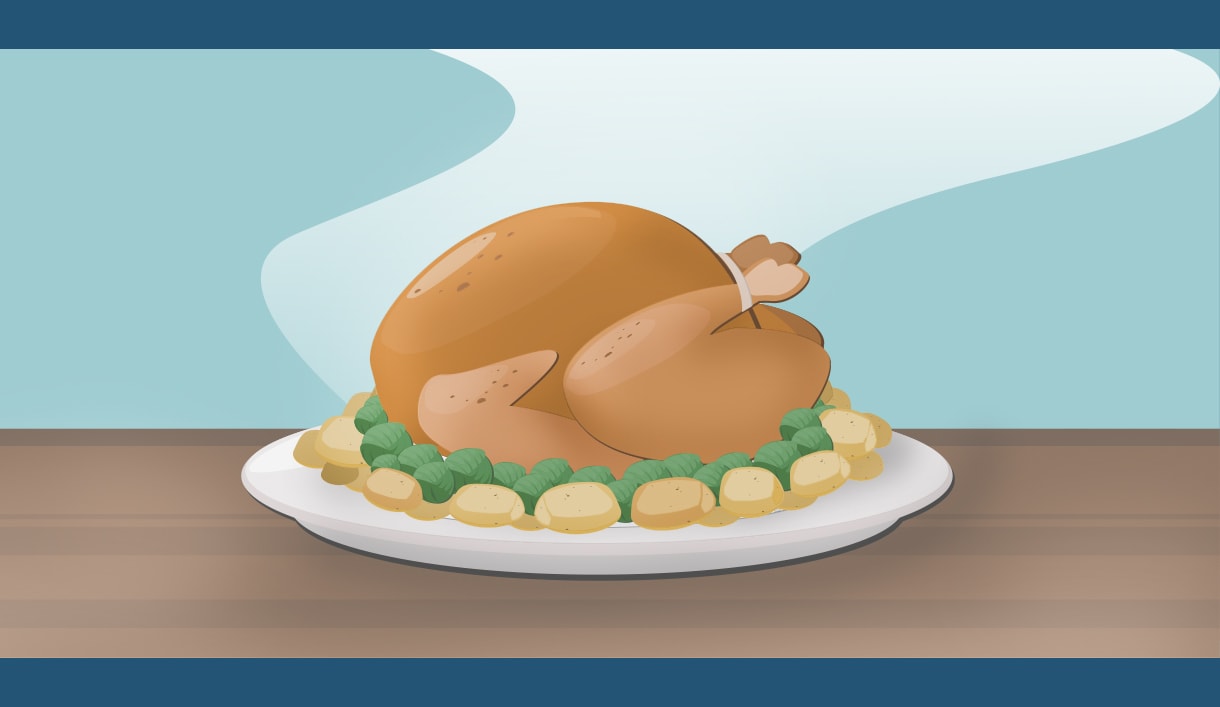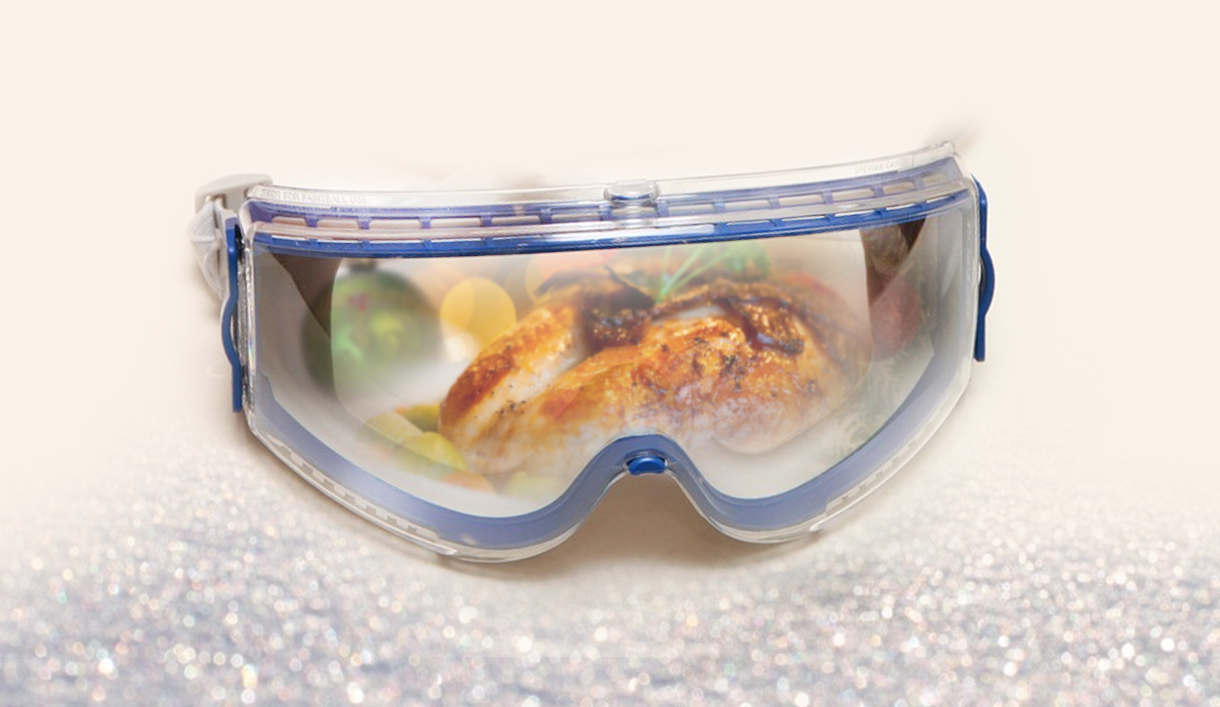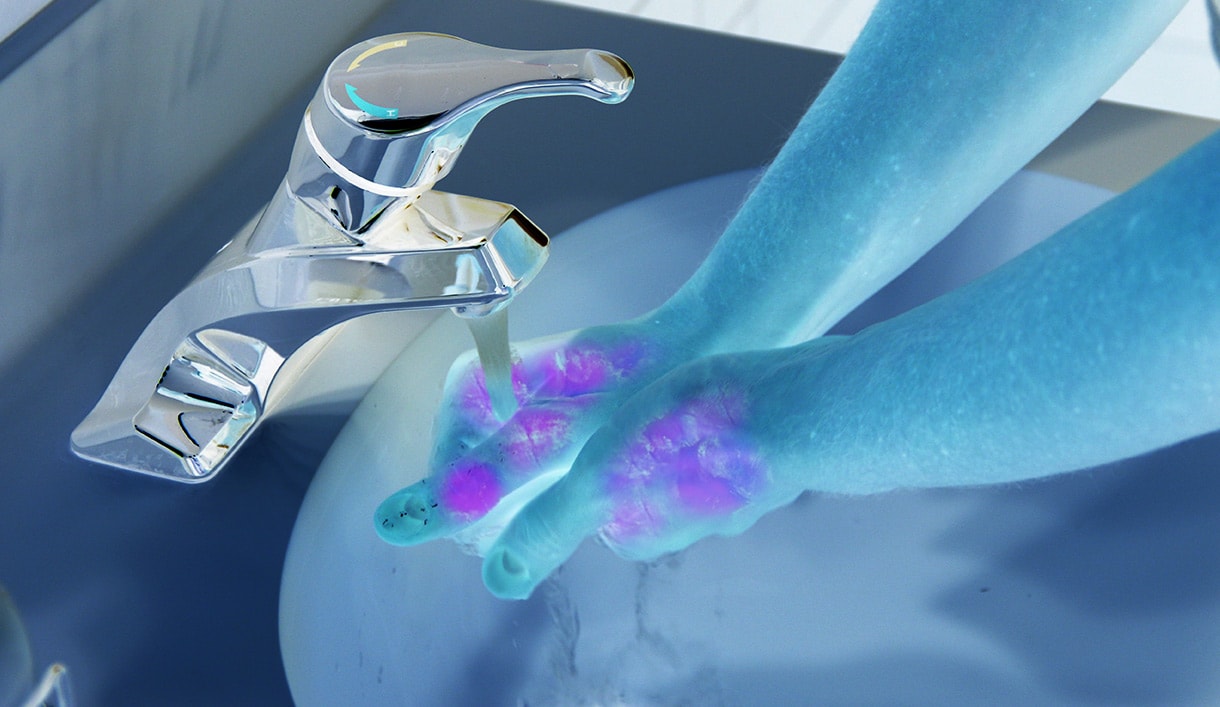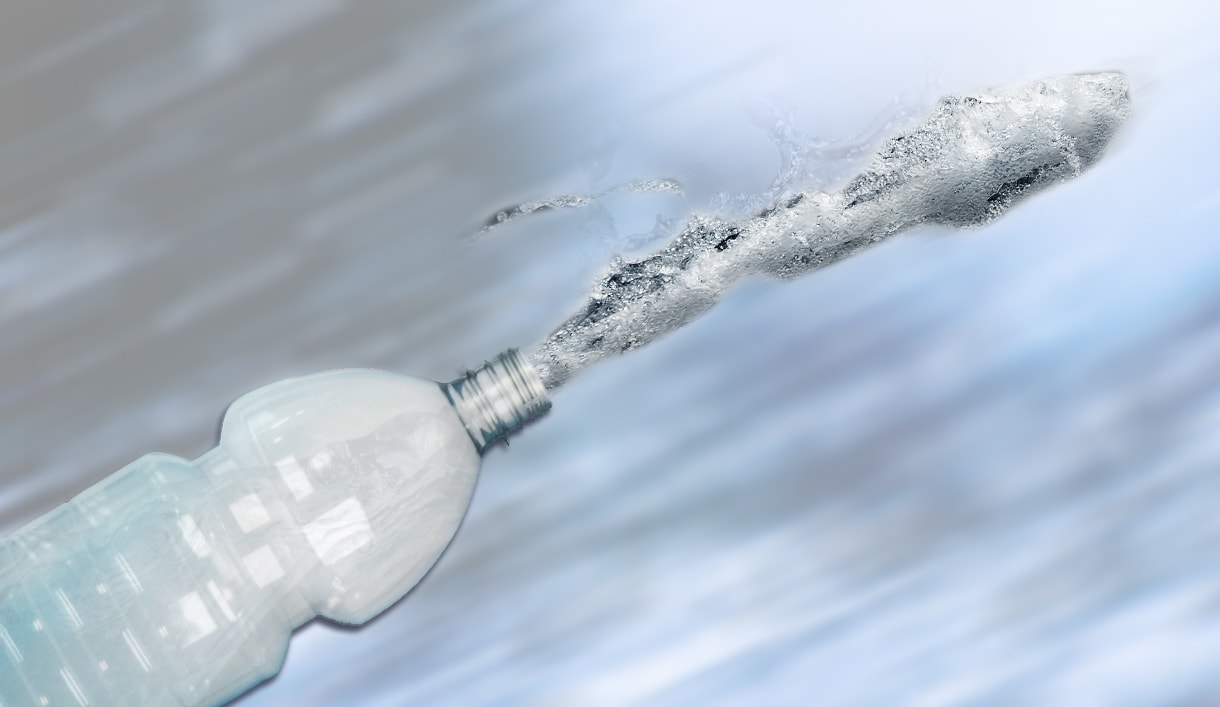SHEilds Christmas Gifts #3 – Christmas Dinner
12 Days of Christmas in Dinner Safety Tips
Tis the season to be jolly and indeed, Christmas presents plenty to look forward to. For revellers, an extravagant festive dinner is likely to be high on the list of anticipated treats.
Scaling up our culinary efforts for the occasion however scales up some of the health risks attached; if you’re involved with food preparation you may be dealing with foods you’re normally unfamiliar with or unused to cooking in such large portions. Throw in the pressure of a large gathering or a rushed schedule and you may end up with a recipe for undercooked food and hygiene hazards.
As a rule Christmas dinner shouldn’t be cooked on a whim as this could lead to a rushed, potentially hazardous outcome. It should be planned with particular thought given to the number of people present and dietary requirements in order to minimise waste, save on costs and reduce unnecessary health risks.
6 Tips for Preparing Food Safely
For some the last time they cooked large poultry such as turkeys could well be last Christmas along with various other seasonal foods. To help guide you away from the most common health hazards here are 6 straightforward tips to make sure your feast is a holiday delight and not a horror:
- Start with clean hands, end with clean hands: The most commonly iterated piece of advice for food preparation but always worth reiterating given its importance. Ensure hands are washed and dry before handling any ingredients or utensils and immediately after handling poultry and other raw meats. This prevents the spread of dangerous bacteria at the most basic level.
- Wash fruit and vegetables: An underestimated risk, all too often completely disregarded. Although we might assume sellers have washed them thoroughly there are no guarantees with dangerous bacteria being carried over from soil. Rub and wash them thoroughly before chopping, peeling and cooking.
- DON’T wash your turkey before cooking: Washing your turkey could ironically increase health risks as it provides an additional vector for bacteria to spread through. Splashes of water may transmit the bacteria to other foods, while the sink itself could become a hazard with germs from the raw meat surviving for days and spreading to your washing-up.
- Take precautions against cross-contamination: It may feel pedantic at times, but carefully separating knives, chopping boards, bowls and plates according to usage is essential. Before you start preparing anything, ensure clean kitchenware is set aside for raw meat and edible/cooked foods respectively, cleaning them between usage to minimise contamination risks.
- Defrost thoroughly, beware dripping: This is most important in the case of turkeys, chickens and other large poultry. As with most items on this list planning ahead is key; frozen turkeys can take up to 48 hours to completely thaw out so don’t necessarily expect to have one ready overnight. When defrosting meats in your fridge the plate used should be covered and large enough to catch all fluids from the process. Keep it isolated on the bottom shelf of your fridge to rule out the risk of dripping contaminating other foods.
- Make sure food is piping hot: No one likes a lukewarm Christmas dinner, but the risks of failing to cook your meats properly may go far beyond this. Turkeys in particular need to be steaming hot through and through; a good way to check is by cutting into the thickest part to make sure there is no pink meat and all the juices are clear.
6 Tips for Safely Storing Leftovers
Leftovers tend to be a fact of life for Christmas Dinner which is largely a good excuse to enjoy them on Boxing Day!
Large gatherings and early food preparation mean that storage is often a necessity but not necessarily a problem providing it’s done safely. Here are 6 essential storage tips to keep your feast fresh and – most importantly – safe:
- Trust the ‘use by’ dates, not your nose: Remember that even if food looks and smells edible it may still be off, presenting unseen danger. Always refer to food’s ‘use by’ dates and – if they were a sealed product – how soon they should be used following opening.
- Cover or freeze: Bearing in mind the last tip most leftovers should be okay to keep in the fridge for up to two days providing they are covered in a suitable container or wrapped in cling film. Failing this they should be frozen as soon as possible and reheated thoroughly prior to consumption to kill any dangerous bacteria which may have developed. Cooked meat and fish can be re-frozen once but must be cooled before doing so, ideally with a window to defrost within three to six months. However, you should never refreeze raw fish and meat once defrosted. If you are in any doubt always refer to attached storage instructions for the product.
- Beware of germ transmission: Be mindful of wrappings that have been in contact with meat. In an absent minded moment it can be easy to put them down on a surface or handle them without cleaning your hands, thus spreading germs and creating unnecessary risks. Don’t reuse your wrappings either, while seemingly economically you may be rewrapping bacteria.
- Compartmentalise & Portion: Besides being likely to mix flavours in unpleasant ways, storing all your leftovers together in one container is generally a bad idea as it will slow cooling and increase the likelihood of dangerous bacteria developing. Keep your food types separate and try breaking them down into smaller portions.
- Keep it cool: Your fridge should be at least below 5°C in order to prevent germ growth while your food needs to be spaced out to facilitate circulation of air for cooling.
- Don’t push your luck: The more times food is cooled and reheated the greater the chances of food poisoning so even fridge leftovers shouldn’t go back in once they’ve been taken out again. Throwing out a portion of a meal you’ve worked on can be unpleasant, but if you have any doubts then risking illness and a Christmas hospital visit is hardly worth it.
With all this said, all that’s left to do is wish everyone celebrating a wonderful Christmas dinner and the best of Health!
Owen Roach









Good tips for the Christmas. Thanks Sheilds, this is why I choose to study with you.